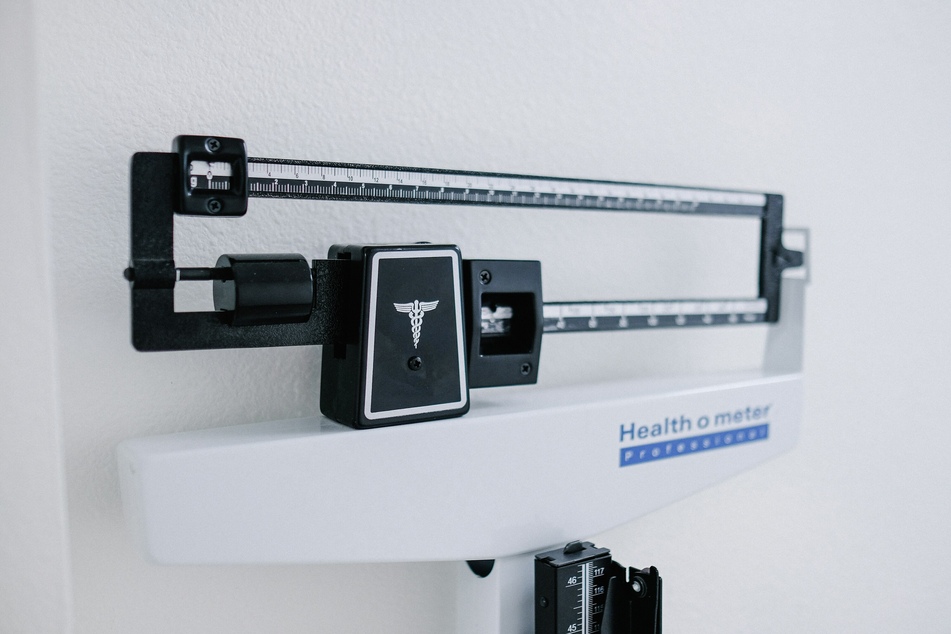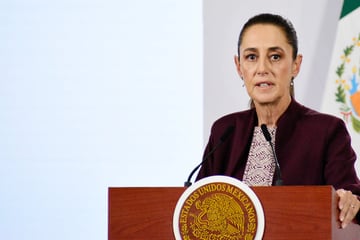Is obesity a disease? Sometimes but not always, experts decide
Do people with obesity have an illness? A panel of global health experts looking at this controversial question announced this week that the definition of obesity should be split into two categories and diagnosed using more accurate measurements.

The recommendations hoped to move past the blame and discrimination that often revolve around obesity, which is estimated to affect more than a billion people worldwide.
"The idea of obesity as a disease is at the center of one of the most controversial and polarising debates in modern medicine," said a paper by the 56-expert commission in the Lancet Diabetes & Endocrinology journal.
On one hand, obesity is known to lead to an increased risk of Type 2 diabetes, heart disease, some cancers, and other health problems.
This is why the World Health Organization among others considers it to be a "chronic complex disease."
On the other hand, there are also plenty of people defined as obese who have few or no underlying health problems and lead active, healthy lives. Activists campaigning against fat shaming, for example, do not want people with obesity to automatically be considered unwell.
At the same time, some patients and doctors believe obesity needs to be considered a disease so that it receives the attention – and ambitious policy – required for such a major public health issue.
Francesco Rubino, a bariatric surgeon and professor at King's College London who chaired the expert commission, told a press conference that the "controversy derives from the fact that perhaps not everybody is entirely right and not everybody is entirely wrong."
What is "clinical obesity?"

After years of debate, the commission sought a middle road, introducing two new categories for people with obesity.
When obesity affects the functions of people's organs, it should be considered a distinct illness called "clinical obesity," the commission said.
The criteria for diagnosing clinical obesity included heart, liver, or breathing problems, high cholesterol, sleep apnoea, hip, knee, or foot pain, or other problems that affect people's daily lives.
People with obesity who do not have such problems should be considered to have "pre-clinical obesity," which merits monitoring but not medical intervention, therefore avoiding the risk of "overdiagnosis," the commission said.
To diagnose obesity in the first place, the experts also recommended healthcare workers move beyond body mass index (BMI), which measures the ratio between weight and height and is widely considered inadequate.
They urged other measurements including waist circumference, waist-to-hip ratio, or even bone density scans to get a more accurate diagnosis.
The experts emphasized that more research was needed to find out what percentage of people fell into their two new categories.
They also made no recommendations about the new generation of weight loss drugs such as Wegovy that have exploded in popularity since the commission was formed.
Cover photo: Unsplash/Kenny Eliason

